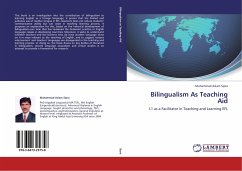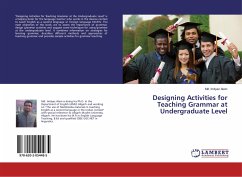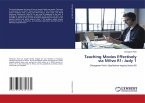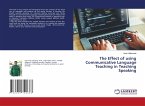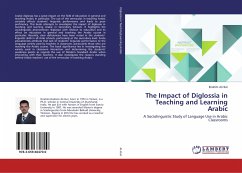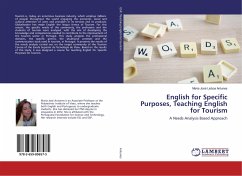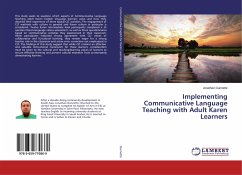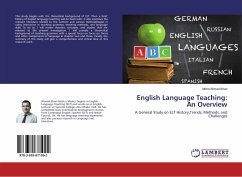This book is an investigation into the contribution of bilingualism to learning English as a foreign language; it proves that the limited and judicious use of mother tongue in EFL classroom does not reduce students communicative ability but can assist in teaching learning process. It proposes an explanation for this, based on the historical development of bilingualism over time that has remained the dominant practice in English language classes in developing countries. Moreover, it seeks to understand whether teachers and the learners who do have another language draw on it in ways relevant to the teaching of English, and to suggest reasons why learners and teachers languages are disregarded in the teaching and learning process. In doing so, the book draws on key bodies of literature in bilingualism, second language acquisition and critical studies in an attempt to provide a framework for research.

